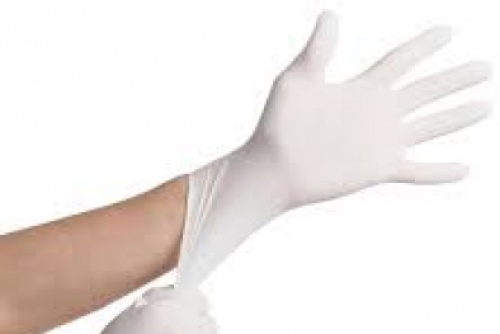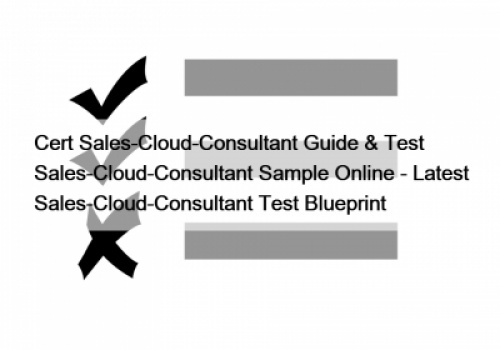Water is essential for our survival, but not all water sources are safe for drinking. Polluted water can contain harmful bacteria, viruses, chemicals, and other contaminants that can lead to serious health problems. Therefore, it is important to purify water before consuming it. In this article, we will discuss some of the best ways to purify water at home.
Boiling
Boiling water is the most effective and reliable way to purify water at home. It kills all bacteria, viruses, and other pathogens that may be present in the water. To boil water, simply heat it until it reaches a rolling boil, then let it cool down before consuming. Boiling water for at least one minute is enough to kill most pathogens, but if you are at high altitude, it is recommended to boil water for three minutes.
Filtration
Water filters are an effective way to remove impurities from drinking water. They can remove bacteria, viruses, chemicals, and other contaminants. There are different types of water filters available in the market, such as activated carbon filters, reverse osmosis filters, and ultraviolet (UV) filters. The reverse osmosis filters are the most popular.
Distillation
Distillation is a process of boiling water and then condensing the steam back into water. This process removes all impurities from the water, including bacteria, viruses, and minerals. Distilled water is safe to drink, but it may lack minerals that are essential for our health. Therefore, it is recommended to consume distilled water in moderation.
Chlorine
Chlorine is a common disinfectant used to treat drinking water. It is added to water in small amounts to kill bacteria, viruses, and other pathogens. Chlorine can be added to water using household bleach or chlorine tablets. The recommended amount of chlorine to be added to drinking water is 8 drops of 6% bleach or 1/8 teaspoon of 8.25% bleach per gallon of water. Let the water sit for 30 minutes before consuming.
UV Purification
UV purification is a process of using ultraviolet light to kill bacteria, viruses, and other pathogens. UV purifiers are easy to use and require very little maintenance. They are effective in removing most types of bacteria and viruses, but they do not remove chemicals or heavy metals from the water. UV purifiers are usually used in combination with other water treatment methods such as filtration.
In conclusion, water purification is important to ensure safe and healthy drinking water. Boiling, filtration, distillation, chlorine, and UV purification are some of the best ways to purify water at home. Choose the method that suits your needs and budget, and always make sure to follow the recommended guidelines for each method to ensure the effectiveness of the water purification process.
What are the benefits of using a water purifier with reverse osmosis filters?A water purifier with reverse osmosis (RO) filters is one of the most effective ways to purify water at home. Reverse osmosis is a process that uses a semi-permeable membrane to remove impurities from water, including bacteria, viruses, chemicals, and other contaminants. Here are some of the benefits of using a water purifier with reverse osmosis filters:
Removes Impurities: RO filters can remove up to 99% of impurities from water, including heavy metals, pesticides, and other chemicals. This ensures that the water you drink is free from harmful contaminants.
Improves Taste and Odor: Water that contains impurities can have an unpleasant taste and odor. RO filters can remove these impurities, improving the taste and odor of your drinking water.
Healthier Alternative to Bottled Water: Many people rely on bottled water for their drinking water needs, but this can be expensive and contribute to plastic waste. Using a water purifier with RO filters is a healthier and more sustainable alternative to bottled water.
Saves Money: Over time, using a water purifier with RO filters can save you money compared to buying bottled water. It is also more cost-effective than other water purification methods, such as distillation.
Easy to Maintain: RO filters are easy to maintain and require minimal upkeep. Most RO systems have a filter replacement indicator that lets you know when it's time to change the filters.
In summary, using a water purifier with reverse osmosis filters has many benefits. It removes impurities, improves taste and odor, is a healthier alternative to bottled water, saves money, and is easy to maintain. If you are concerned about the quality of your drinking water, consider investing in a water purifier with reverse osmosis filters. Click https://www.mspurelife.com/blogs/news/is-tap-water-safe-to-drink-in-ohio-after-vinyl-chloride-affect-water to see more about reverse osmosis (RO) filters the benefits of.












 Know Features of Presto gsm round cutter for your industry
Know Features of Presto gsm round cutter for your industry



